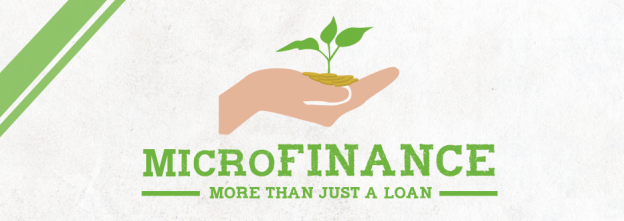Many companies nowadays have employed the active use of corporate social responsibility, being the voluntary activities performed by a company to operate in a social, economic and environmentally sustainable manner. One can beg the question whether the reasons behind CSR are truly out of ethical principle or merely just long term self-interest and profit.
The above motion centred around the implementation of CSR and the intention behind it has been long debated in the business world. In my opinion, CSR is almost always driven by a long term benefit and with increased profits in mind. My conclusion has stemmed from many reasons and examples that I have witnessed. For instance, when companies comply with environmental laws and emission regulations they are usually trying to avoid heavy long term fines. In addition, for a long time companies and businesses have supported local educational institutions bearing in mind that they would eventually benefit from doing so as these students will comprise of the business workforce. Lastly companies always conduct social and charitable programs in order to boost their public image and become more reputable so as to attract a larger consumer base. Businesses always excel and thrive in an environmental situation that is socially, environmentally and economically stable, therefore it is in their best interest to implement CSR in order to make this happen. Hence one can suggest that all of their undertakings towards this is all out of pure self- interest. But that is just my view, however, I’m sure there are companies out there that execute corporate social responsibility solely because it is the right thing to do and there is no monetary gain in mind associated with its implementation. One thing I have noticed is that It is a very difficult task to distinguish between a company utilizing CSR for money or out of pure ethical concern as the lines that separate them are very very thin.
(318 words)
